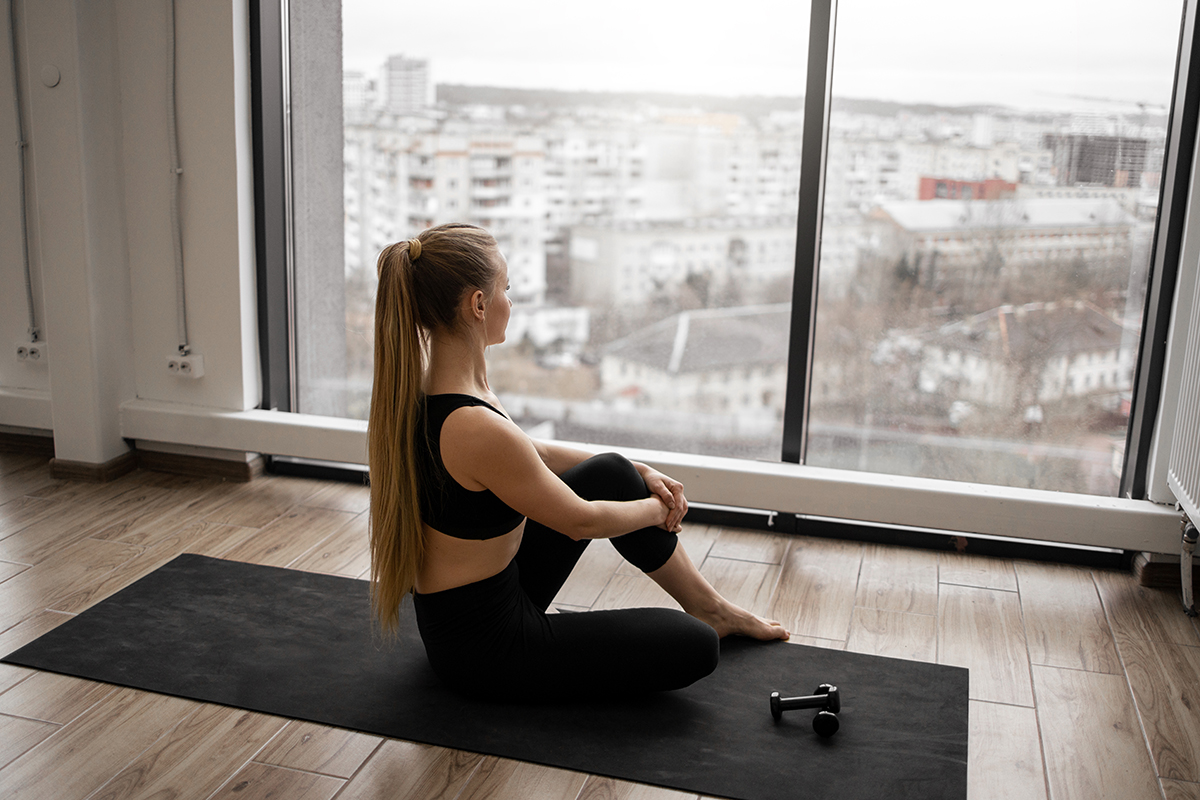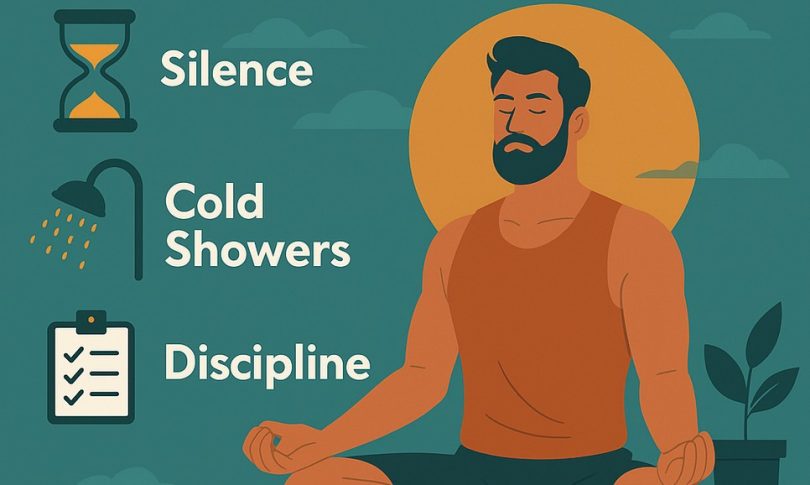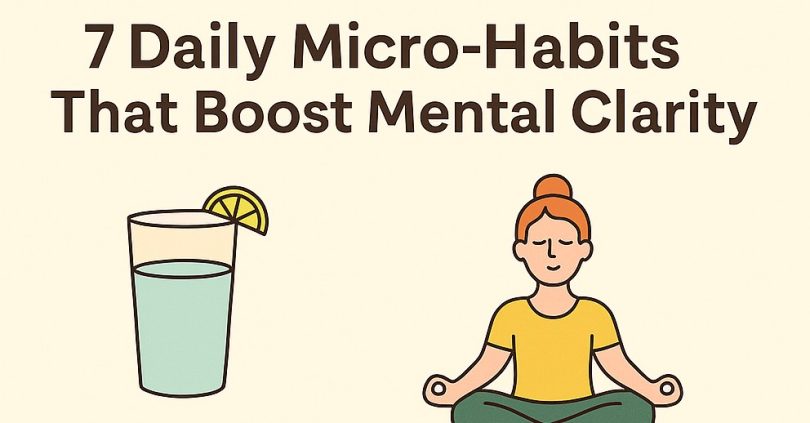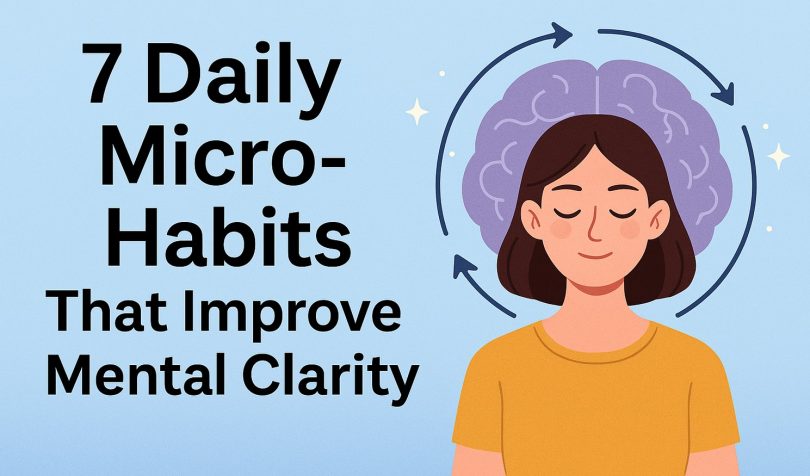It is well-known that maintaining one’s fitness plays a vital role in supporting overall health. However, the impact of fitness extends beyond just the physical aspects and significantly contributes to mental health as well. This article delves into the relationship between fitness and mental well-being, providing insights into how regular physical activity can boost your psychological comfort.
Table of Contents
- Exercise: A Powerful Stress Reducer
- The Mood-Boosting Benefits of Fitness
- How Fitness Improves Sleep Quality
- The Role of Fitness in Self-Esteem and Body Image
- Adding Fitness to Your Routine for Better Mental Health
- Exercise: A Prescription for Mental Well-being
- The Importance of Consistency in Fitness for Mental Health
Fitness as a Tool for Stress Reduction and Mental Health Improvement

Regular physical activity increases the production of endorphins, our body’s “feel-good” hormones. With higher levels of endorphins, we perceive less pain and more comfort, helping to manage stress. This physiological response induces positive feelings, akin to the effects of morphine.
The Mood-Boosting Benefits of Fitness

Physical exercise has been proven to alleviate symptoms of depression and anxiety. Regular activity increases the production of brain chemicals that make us feel happier and more relaxed. Therefore, maintaining fitness can help manage mental health conditions and enhance overall mood.
How Fitness Improves Sleep Quality

The link between fitness and sleep quality is strong. Regular physical activity can help you fall asleep faster and deepen your sleep. A good night’s sleep can boost your mood, memory, and cognitive function, making you feel more refreshed and productive during the day.
The Role of Fitness in Self-Esteem and Body Image

Fitness is closely tied to self-esteem and body image. Regular exercise can improve one’s perception of their attractiveness and physical self-worth. As you achieve your fitness goals, your confidence in your physical abilities increases, positively affecting your overall self-esteem.
Adding Fitness to Your Routine for Better Mental Health

Given the numerous mental health benefits of fitness, it’s important to make it a part of your daily routine. Start with small, achievable goals such as a short walk each day or a few minutes of stretching. Over time, you can gradually increase the intensity and duration of your workouts. Remember, the goal is to improve your mental well-being and emotional health, not to set world records.
Exercise: A Prescription for Mental Well-being
Think of exercise as a prescription for improved mental health. The effects of physical activity on your mental state are significant and can be as effective as medication for certain mental health conditions. Regular exercise can help to maintain your mental equilibrium, and promote a healthy mind.
The Importance of Consistency in Fitness for Mental Health

Consistency is key when it comes to fitness and mental health. Making exercise a regular part of your life can help maintain your mental stability and psychological resilience. And remember, it’s not about being perfect; it’s about making consistent, healthy choices to support both your physical and mental health.
Remember, there’s no one-size-fits-all approach to fitness and mental health. What works for one person may not work for another. The key is to find activities that you enjoy and that make you feel better both physically and mentally. So go ahead, start your fitness journey today and pave the way for better mental health.






